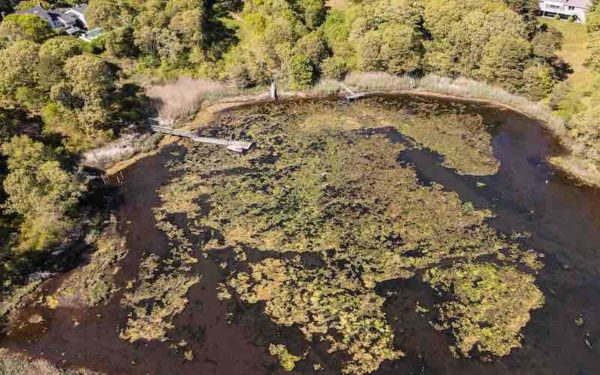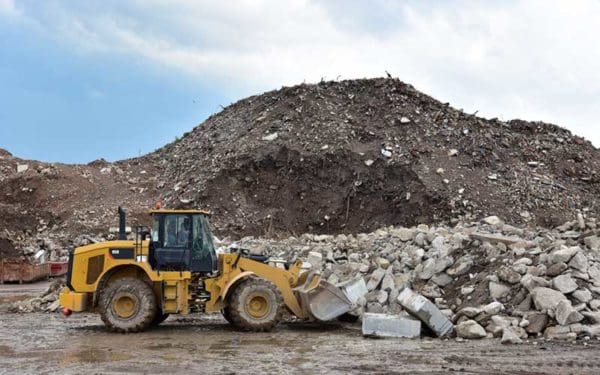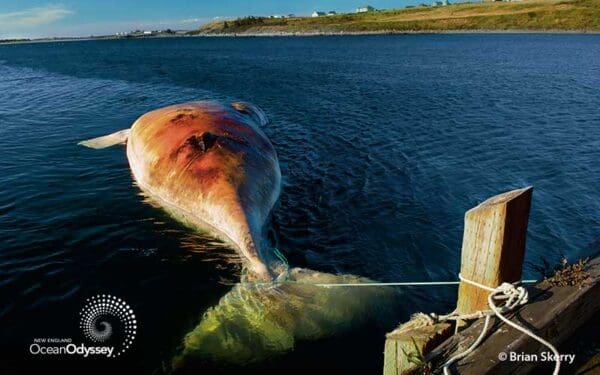Jul 25, 2024
Now that this program is approved, the Board must make sure this plan stays on track and should also look to other lines to electrify. Electrification isn’t just a choice—it’s a necessity for health and equity.
Jul 23, 2024
The Vermont Secretary of Natural Resources’ deficient implementation of the state’s climate law is thwarting our collective opportunity to act urgently.
Jul 22, 2024
Conservation Law Foundation on Monday refiled its Clean Water Act lawsuit against the Town of Barnstable, where the town’s sewage treatment plant is polluting waters with nitrogen, leading to toxic algae outbreaks that destroy habitats and sicken people and pets.
Jul 18, 2024
Conservation Law Foundation, Sierra Club, and Maine Youth Action are keeping up their fight to ensure Maine cuts carbon pollution as required by the law. The groups on Thursday filed their response to Maine’s motion to dismiss their April lawsuit.
Jul 18, 2024
The Healthy Enterprise Fund is envisioned to be a $20 million revolving loan fund that supports green economy businesses and health-promoting enterprises providing services and creating quality jobs in under-resourced communities across New England.
Jul 17, 2024
Expanding Juniper Ridge Landfill would be a band-aid approach to waste and materials management and does not address the failures of the current system.
Jul 09, 2024
During public hearings, CLF argued the legal reasons why the proposed asphalt plant should be denied and when Newport appealed its rejection in court, CLF moved to continue fighting against the plant.
Jul 02, 2024
Conservation groups are pushing for long-delayed federal action to finalize expanded vessel strike protections for critically endangered North Atlantic right whales.
Jun 28, 2024
The U.S. Supreme Court has overturned 40 years of precedent and practice comprising the “Chevron doctrine,” under which federal courts defer to an agency’s interpretation of ambiguous legal terms when Congress has given that agency authority to implement the law.
Jun 21, 2024
Maine has asked a judge to dismiss a lawsuit filed by Conservation Law Foundation, Maine Youth Action, and Sierra Club that would force the Maine Department of Environmental Protection to cut carbon emissions as required by the law.











